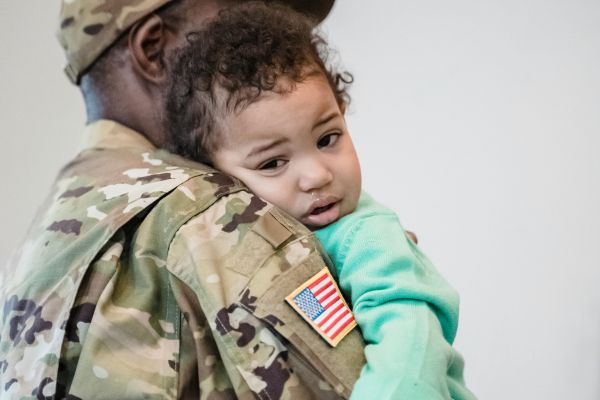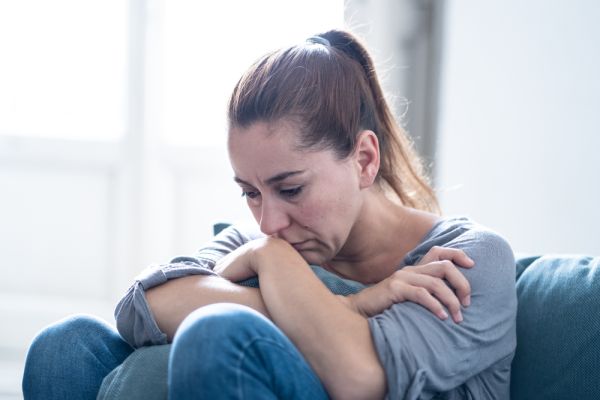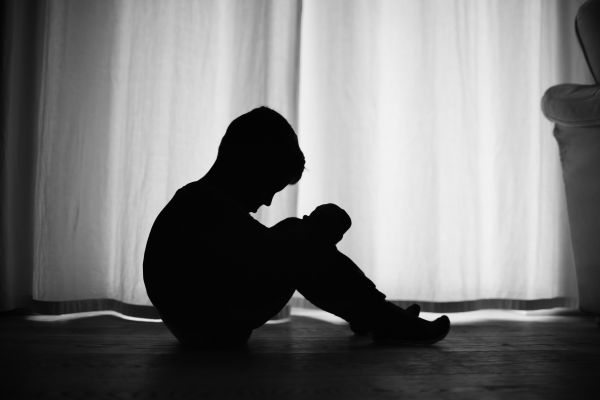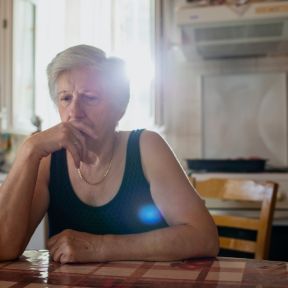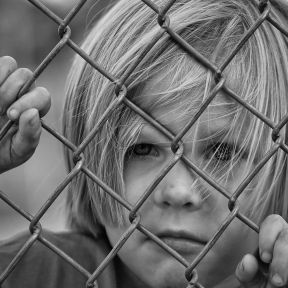
Adverse Childhood Experiences
The term "adverse childhood experience" refers to a range of negative situations a child may face or witness while growing up. These experiences include emotional, physical, or sexual abuse; emotional or physical neglect; parental separation or divorce; or living in a household in which domestic violence occurs. Other difficult situations include living in a household with an alcoholic or substance-abuser, or with family members who suffer mental disorders, or in a household with an incarcerated family member.

In the original study of childhood experiences, begun in 1995 by the federal Centers for Disease Control and Kaiser Permanente, two-thirds of the more than 17,000 subjects who filled out confidential surveys about their childhood reported having experienced at least one adverse childhood experience. Subsequent research has focused on how these experiences have affected people's physical and mental health and well-being as they age.
Individuals who have faced more difficult childhood experiences have been found to be at higher risk for impaired cognitive and social development, as well as for drug abuse, unintended pregnancy, depression, and PTSD.
Not every person who has suffered a rough childhood grows up to be maladjusted or unhealthy. Some children are less susceptible to the negative effects of their surroundings and carry less stress with them into adulthood.
Some children are able to handle the mood swings and outbursts of unstable parents and they may develop a keen ability to detect the emotions of others as well as being able to read non-verbal cues. There is evidence that, depending on the child's temperament, exposure to problematic experiences can make a child either more hardy or very vulnerable to later problems.
Cognitive flexibility is the ability to move between different tasks and applying what you learn from one situation toward solving a problem in another situation. The mentally flexible person looks for inventive strategies and novel solutions. This ability is considered part of the executive function of the brain. Children who fair better in adverse conditions may well show the ability to be more cognitively flexible.
Growing up in poverty is the most common adverse experience. Other common situations include divorce, a child being separated from a parent or other guardian, witnessing domestic abuse regularly, as well as living with an alcoholic or other substance user.
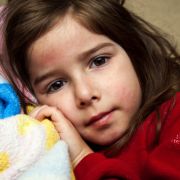
Young people who grow up with positive childhood experiences have a lower likelihood of clinical depression as adults, and a higher probability of having healthy relationships. Positive childhood experiences include a child being able to talk with family about their feelings; feeling that their family stood by them during difficult times; enjoying community traditions; feeling a sense of belonging in high school; feeling supported by friends; having at least two non-parent adults who took a genuine interest in them; and feeling safe and protected by an adult in their home.
The primary means for practitioners to ascertain whether adverse childhood experiences might be taking a toll on a child is to administer the 10-question Adverse Childhood Experience (ACES) Questionnaire.
This questionnaire “helps to normalize the conversation about adverse childhood experiences and their impact on lives,” says Vincent Felitti, who has studied children coming from tough environments. “When we make it okay to talk about what happened, it removes the power that secrecy so often has.”
Individuals with higher ACES scores may be more emotionally reactive than others and develop a dysregulated fight-or-flight response, perceiving threats in situations that others properly view as neutral. This can hamper the ability to form the kinds of alliances that professional and social success depends on.
People with higher ACES scores are more likely to feel depressed, feel panic, experience anxiety, have sexual intercourse at an early age and be promiscuous, become an alcoholic or a substance user, smoke, or become obese.
When individuals are able to acknowledge their past and seek help for its possible effects, various approaches to treatment may help to ease these concerns, such as journaling, mindfulness meditation, therapy, self-care, and neurofeedback.
